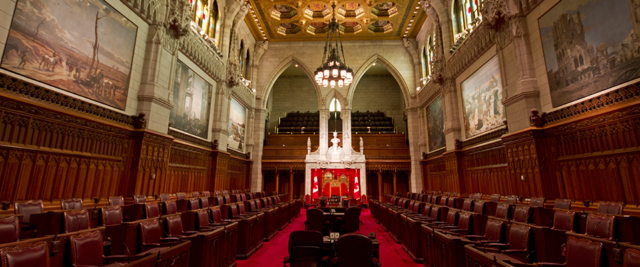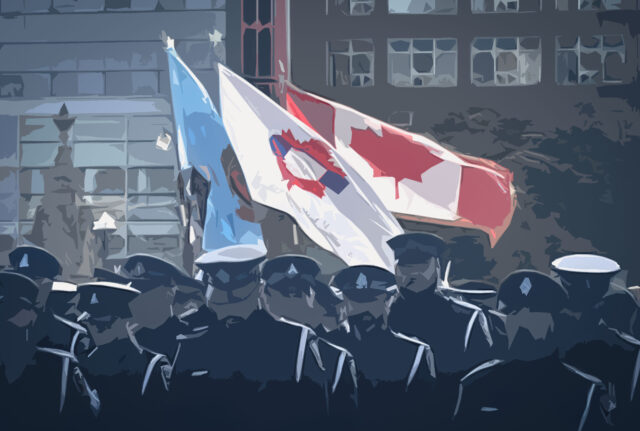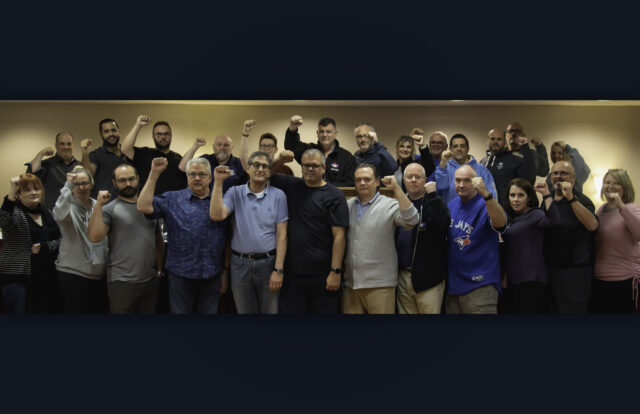Government announces historic anti-scab legislation
The federal government’s move this week to ban the use of replacement workers is an historic moment for labour in Canada. PSAC has long fought for protections against the use of scab workers during strikes.
The government has announced the start of a consultation process to develop legislation to ban the use of scabs (replacement workers) in federally regulated workplaces. The process includes an open consultation until December 16, with the expected introduction of legislation by early 2023.
PSAC looks forward to participating in this consultation process to strengthen the collective bargaining rights of PSAC members. We will work to ensure that legislation includes:
- No loopholes. When unionized workers are on strike or locked out, no one will be able to perform their work – not new or temporary hires, not management, not workers in other bargaining units, students or other workers. The work stops…full stop;
- Provisions to levy hefty financial penalties for employers that violate the new rules. Employers need to feel the pinch to deter them from hiring scab labour;
- Rules that prevent employers from trying to contract out, transfer or discontinue work once the bargaining process begins, in anticipation of a strike or lock-out; and,
- Quick and clear legal avenues to pursue complaints when employers break the rules.
We know that free and fair collective bargaining – without the threat of scabs taking workers’ jobs or imposing back-to-work legislation – is the best avenue to reach good agreements and stable workplaces. The use of scabs pits working people against each other and takes advantage of non-unionized workers who are desperate for work.
We look forward to meaningful consultation and progressive, robust legislation that protects the rights of workers.
This article was first posted on the PSAC website.












